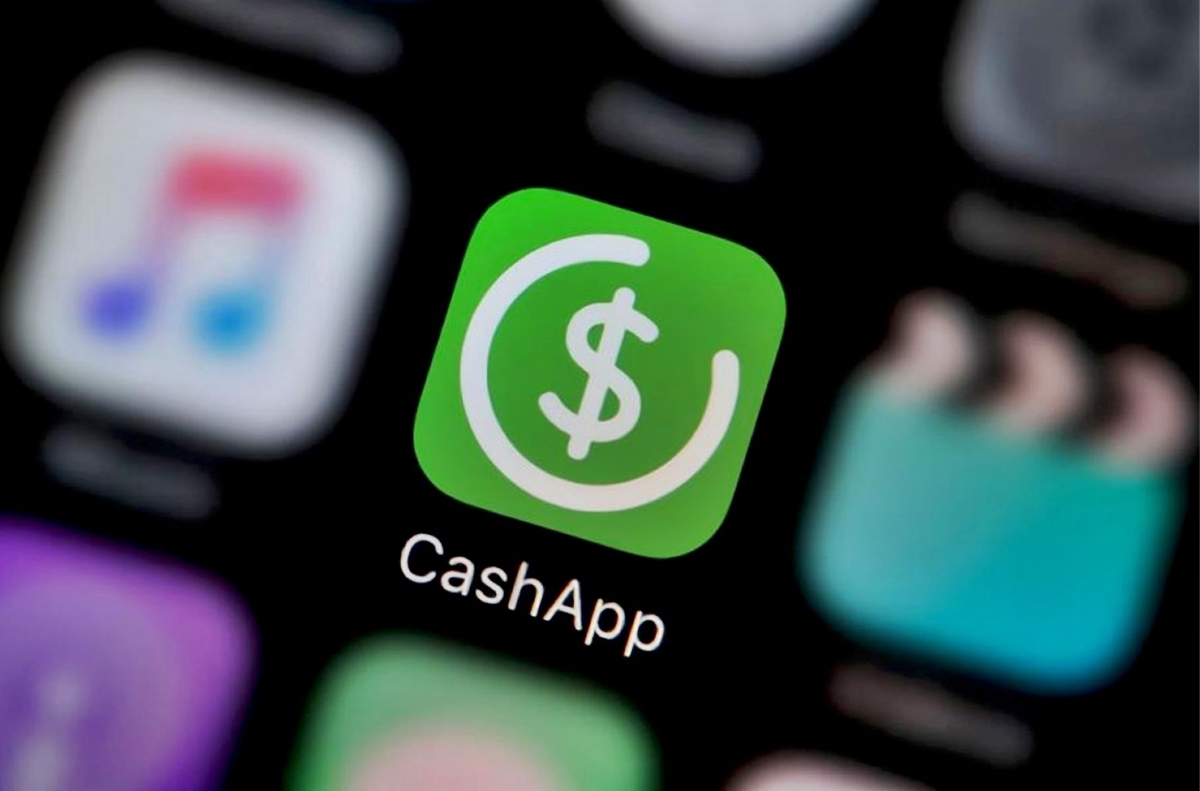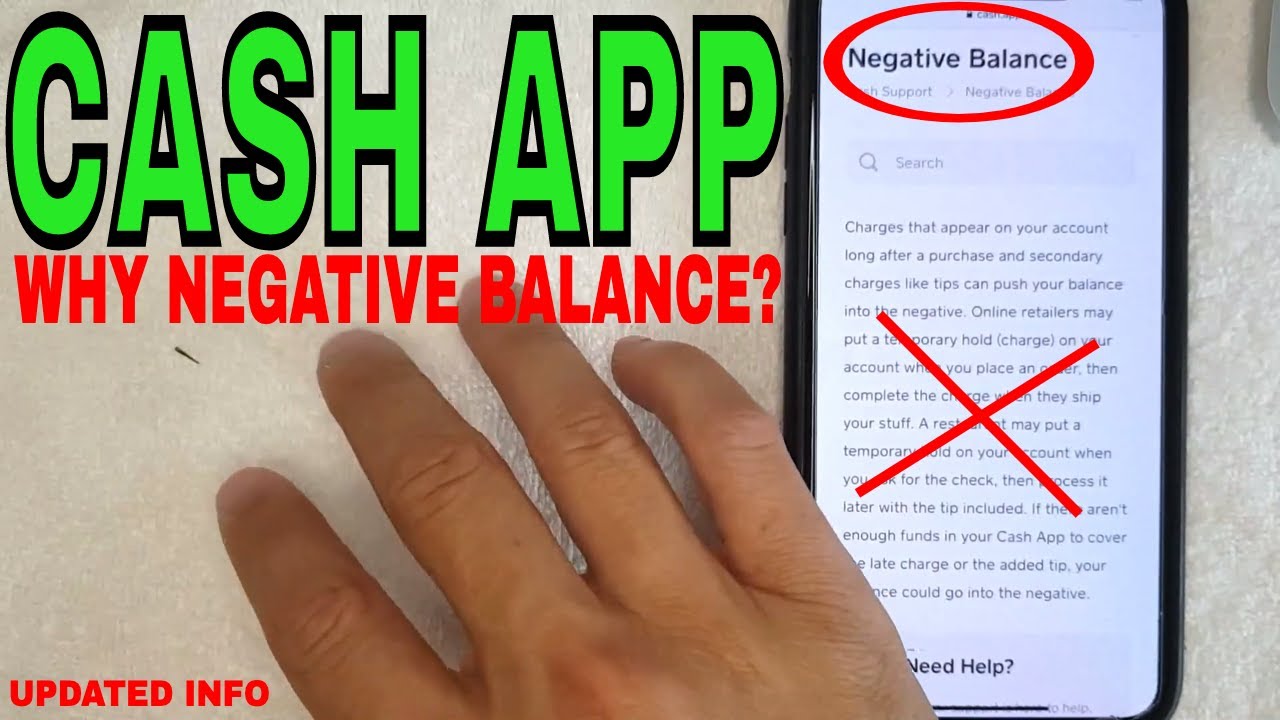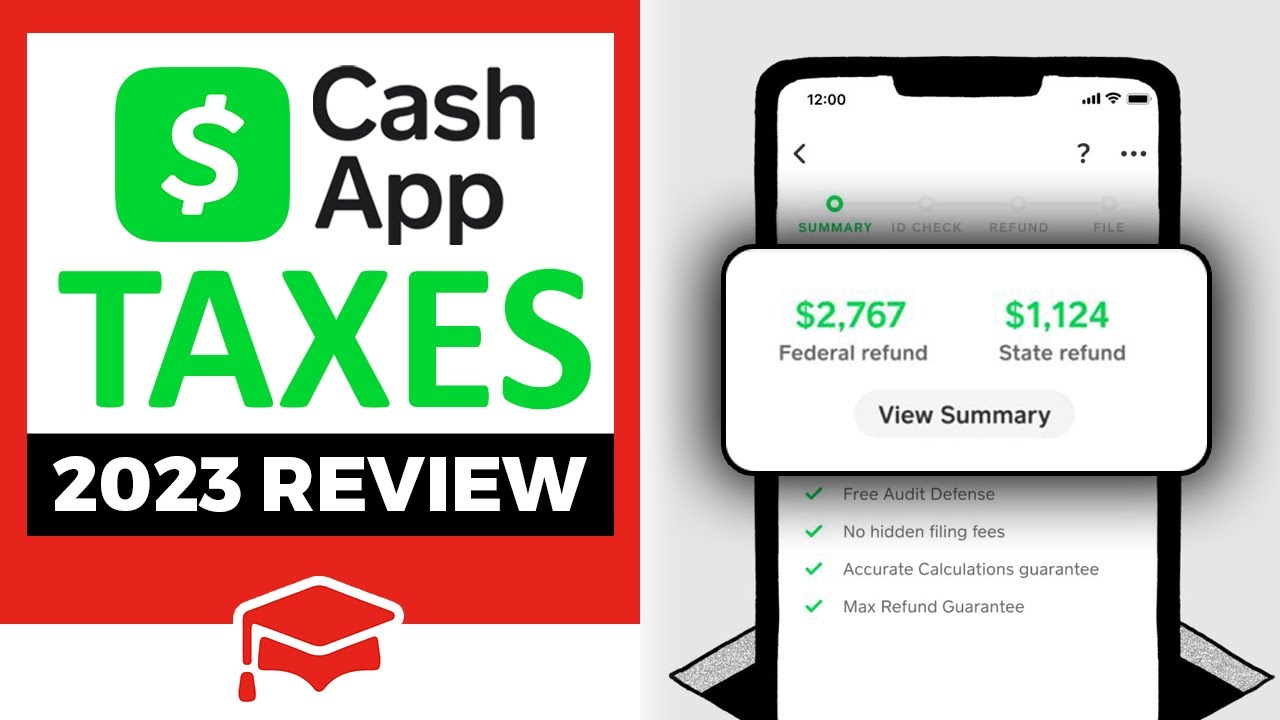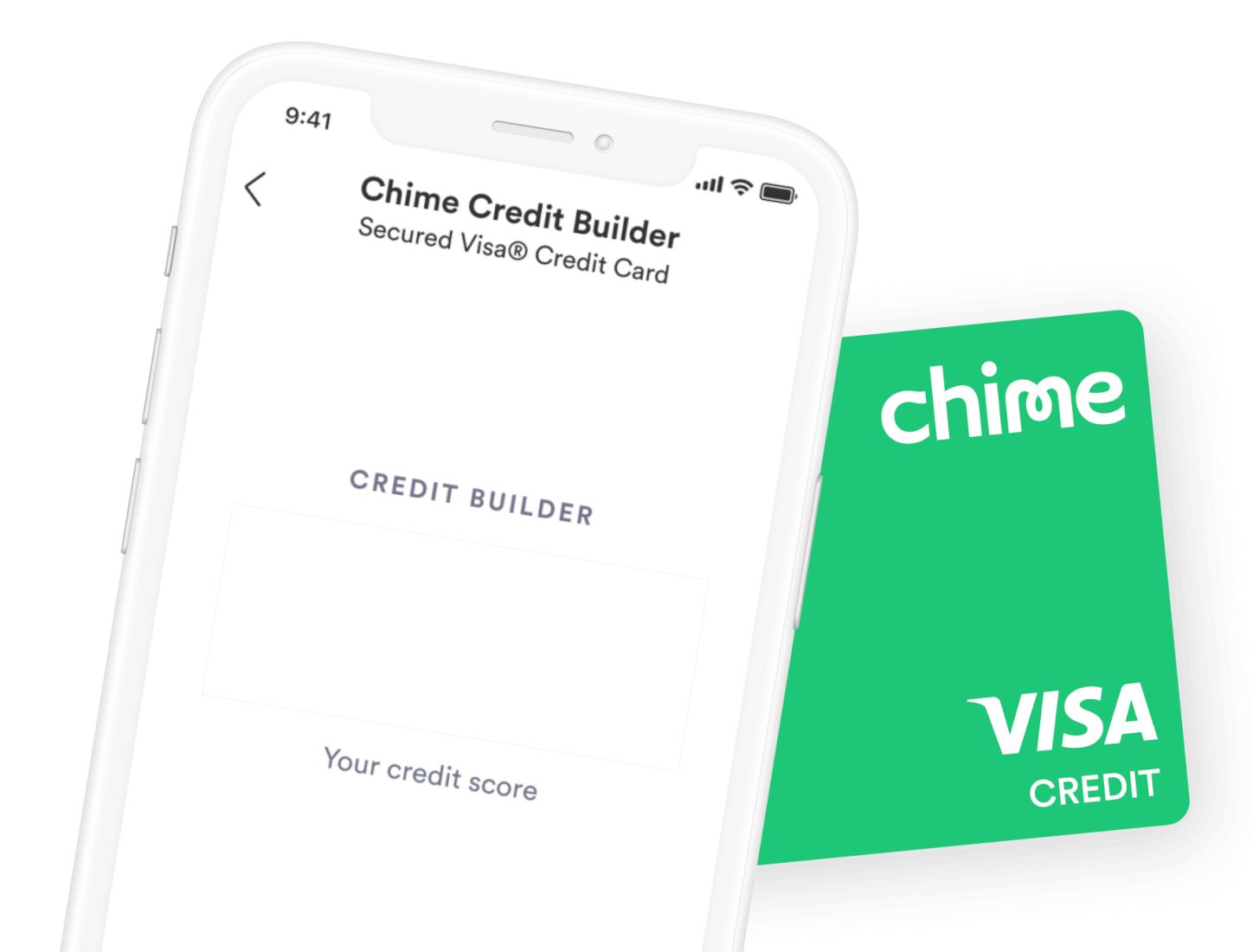Introduction
Welcome to the world of Cash App, a popular peer-to-peer mobile payment platform that allows users to send and receive money effortlessly. With its user-friendly interface and convenient features, Cash App has become a go-to choice for many individuals to manage their financial transactions.
However, like any other digital payment system, you may encounter instances where Cash App deducts money from your account unexpectedly or without your consent. This can be a cause for concern and confusion, leaving you wondering why these deductions occur.
In this article, we will explore various reasons why Cash App may deduct money from your account. Understanding these factors can help bring clarity and reassurance, ensuring that you are aware of any deductions and their underlying causes.
It is essential to note that Cash App deducting money does not always indicate an error or wrongdoing. There may be legitimate reasons behind these deductions that align with Cash App’s terms and conditions. Let’s dive into some of these possible reasons for deductions and how they may impact your account.
Insufficient funds in your Cash App account
One common reason for Cash App deducting money from your account is insufficient funds. If you attempt to make a transaction or send money when your Cash App balance is low or negative, the app will automatically deduct the necessary funds to cover the transaction.
When you make a payment or transfer with Cash App, the app checks your account balance to ensure you have enough funds. If the amount exceeds your available balance, the app will deduct the required funds from your account to complete the transaction.
It’s vital to keep track of your account balance and ensure you have sufficient funds to cover any transactions you wish to make. If you encounter a deduction due to insufficient funds, consider adding money to your Cash App account before attempting any further transactions.
To avoid future deductions, you can keep a close eye on your account balance, set up notifications for low balances, and take the necessary steps to add funds to your Cash App wallet in a timely manner when needed.
Note that if your Cash App balance is negative due to a previous transaction reversal or refund, the app may deduct funds from future deposits or transactions to offset the negative balance.
By actively managing your Cash App balance and ensuring sufficient funds, you can minimize unexpected deductions and maintain smooth financial transactions within the app.
Authorization holds and pending charges
Another reason why Cash App may deduct money from your account is due to authorization holds and pending charges. When you make a transaction using your Cash App, such as ordering goods or services online, the merchant may place an authorization hold on your account.
An authorization hold is a temporary hold placed on your funds to ensure that you have sufficient money to cover the transaction. The hold typically lasts for a few days, during which the funds remain deducted from your Cash App balance but are not transferred to the merchant just yet.
Similarly, pending charges occur when a payment or transaction is still being processed. These charges are deducted from your account but have not yet been finalized or reflected in the recipient’s account. The deducted amount remains in a pending state until the transaction is completed.
During the authorization hold period or while charges are pending, you may notice that the deducted amount is not immediately refunded or released back into your account. This is a standard practice by financial institutions and payment platforms to ensure the validity and security of transactions.
If you see a deduction on your Cash App account due to an authorization hold or pending charge, it’s important to note that these funds will be released back into your account once the transaction is finalized or the hold period expires. The duration of holds and pending charges may vary depending on the merchant or payment processor involved.
While these temporary deductions can be inconvenient, they are a normal part of the payment process. Keeping track of your pending charges and authorization holds can help you understand the status of your transactions and avoid unnecessary confusion or concern.
If you have any questions or concerns about specific transactions or the duration of authorization holds, it’s advisable to reach out to Cash App customer support for assistance and clarification.
Cash App fees and transaction charges
Cash App offers a range of services and features that come with their respective fees and transaction charges. Therefore, one possible reason for Cash App deducting money from your account is related to these fees and charges.
When using Cash App, certain transactions may incur fees, such as sending money to another Cash App user or transferring funds to an external bank account. These fees are clearly outlined in the Cash App fee schedule, which is easily accessible within the app or on the official Cash App website.
It’s important to review the fee schedule to familiarize yourself with the charges associated with different Cash App transactions. This will allow you to make informed decisions when using the app and avoid any unexpected deductions.
In addition to fees, it’s worth noting that some transactions, particularly those involving withdrawals or currency conversions, may be subject to transaction charges imposed by your bank or financial institution. These charges are beyond Cash App’s control and may be deducted from your account accordingly.
To ensure transparency, Cash App provides a clear breakdown of fees and charges for each transaction before you confirm and proceed. This allows you to review and understand the deductions that will occur as a result of the transaction.
If you notice deductions from your Cash App account that align with the fees and transaction charges outlined in the fee schedule, it is likely that these deductions are legitimate and in accordance with Cash App’s policies.
To avoid any surprises or misunderstandings regarding fees and charges, it is advisable to review the fee schedule regularly and familiarize yourself with the cost of different transactions. This will help you manage your funds effectively and make informed decisions when using Cash App.
Cash App Boost not applied correctly
Cash App Boost is a feature that allows users to earn discounts and rewards on select purchases. Each Boost offers a specific discount or cashback percentage when used at eligible merchants. However, there may be instances where Cash App deducts money from your account because the Boost was not applied correctly.
When making a purchase using Cash App Boost, it is essential to ensure that the Boost is activated and applied to the transaction. If the Boost is not properly applied, you may be charged the full amount instead of receiving the intended discount or cashback.
There could be a few reasons why a Cash App Boost may not be applied correctly. One possibility is that the Boost expired or was deactivated before the transaction took place. Boosts have an expiration date, and if they are not used within that timeframe, they become inactive and cannot be applied to future purchases.
Another reason could be that the merchant where you made the purchase is not eligible for the Boost you intended to use. Each Boost has specific participating merchants, and if you shop at a non-participating merchant, the discount or cashback may not be applied.
If you believe that a Cash App Boost was not applied correctly to a transaction, it is recommended to contact Cash App customer support for assistance. They can review your transaction history, verify the activation status of the Boost, and provide guidance on how to resolve any issues.
By ensuring that Cash App Boosts are correctly activated and applied, you can take advantage of the discounts and rewards offered by the feature. Double-checking the Boost status before making a purchase will help prevent unexpected deductions and ensure a seamless shopping experience.
ATM withdrawal fees
Cash App provides users with the convenience of withdrawing cash from ATMs using their Cash App account and Cash Card. However, it’s important to be aware that ATM withdrawals may be subject to fees, which could result in deductions from your Cash App account.
When you withdraw cash from an ATM using your Cash Card, the ATM owner may charge a fee for the transaction. These fees are set by the ATM owner and not controlled by Cash App. The amount of the fee can vary depending on the ATM and its location.
Before completing an ATM withdrawal, Cash App provides you with the option to review and accept the fee associated with the transaction. It’s crucial to carefully read and understand the fee information to avoid any surprises when it comes to deductions from your account.
Keep in mind that the ATM withdrawal fee will be deducted from your Cash App account balance immediately at the time of the withdrawal. This means that the deducted fee will not be refunded or reimbursed.
To minimize ATM withdrawal fees, Cash App offers a feature called Cash Boost, which allows you to earn discounts at select merchants, including some ATMs. By activating a Cash Boost that offers a discount on ATM withdrawals, you can potentially reduce the fee associated with the transaction.
However, it’s important to note that not all ATMs are eligible for Cash Boost discounts, so you should check the details of each Cash Boost before making an ATM withdrawal to ensure the discount will apply.
If you have concerns about excessive ATM withdrawal fees or encounter any issues during an ATM withdrawal transaction, it is recommended to reach out to Cash App customer support for assistance. They can provide guidance and address any questions or concerns you may have.
Being aware of the potential fees associated with ATM withdrawals and considering the available discounts through Cash Boost can help you make informed decisions and minimize deductions from your Cash App account when using ATMs.
Cash App scams and unauthorized transactions
Unfortunately, in the digital world, scams and unauthorized transactions are a common concern for any financial platform, including Cash App. If you notice unexpected deductions from your account, it’s crucial to consider the possibility of scams or unauthorized transactions.
Cash App users may fall victim to various scams, such as phishing attempts, fake customer support, or fraudulent transactions initiated by malicious parties. These scams can lead to unauthorized deductions from your Cash App account.
To protect yourself from scams and unauthorized transactions, it’s important to exercise caution and follow best practices when using Cash App. This includes avoiding sharing sensitive information, such as your PIN or login credentials, with anyone. Cash App will never ask for this information through unsolicited calls, emails, or messages.
If you suspect unauthorized activity or a scam on your Cash App account, it’s crucial to contact Cash App support immediately. They have dedicated teams to investigate and resolve such issues, protecting your account and assisting you in recovering any funds that may have been deducted.
Additionally, Cash App offers security features, such as enabling two-factor authentication (2FA) and using a unique, strong password, to enhance the protection of your account. It’s important to take advantage of these security measures to minimize the risk of unauthorized access and potential deductions.
Regularly reviewing your account activity and transaction history within the Cash App can also help you identify any unauthorized transactions or unusual activity. If you notice any suspicious charges or deductions that you did not initiate, report them immediately to Cash App customer support.
By staying vigilant, practicing good security habits, and promptly reporting any suspicious activities, you can protect yourself from scams and unauthorized deductions from your Cash App account.
In-app purchases and subscriptions
Cash App offers a variety of in-app purchases and subscriptions that can enhance your user experience or provide access to additional features. If you have made any in-app purchases or subscribed to services within the Cash App, you may notice corresponding deductions from your account.
In-app purchases can include buying digital goods or services, such as gift cards, Bitcoin, or Cash App Boosts. These purchases are typically deducted from your Cash App balance at the time of the transaction.
Subscriptions, on the other hand, involve recurring charges for ongoing access to premium features or services. Cash App subscriptions may include features like receiving Cash App Visa Debit Card boosts or accessing exclusive discounts.
It’s important to be aware of the details of any in-app purchases or subscriptions you make, including the associated costs and billing frequency. Cash App provides transparent information regarding the charges for each purchase or subscription before you confirm and proceed with the transaction.
To manage and review your in-app purchases and subscriptions, you can navigate to the settings section within the Cash App. From there, you can view your transaction history, manage your subscriptions, and cancel any subscriptions you no longer wish to continue.
If you notice unexpected or unfamiliar deductions related to in-app purchases or subscriptions, it is advisable to review your transaction history for any unauthorized or fraudulent transactions. If you suspect any fraudulent activity, reach out to Cash App customer support immediately for assistance.
Being aware of the costs and terms associated with in-app purchases and subscriptions within Cash App allows you to make informed decisions and avoid any surprises when it comes to deductions from your account.
Account security issues
Account security is of utmost importance when using any financial platform, including Cash App. If you experience unexpected deductions from your account, it’s essential to consider the possibility of security issues that may have compromised your account.
One potential security concern is unauthorized access to your Cash App account, which can lead to unauthorized transactions and deductions. It’s important to protect your login credentials, including your unique username and password, and avoid sharing this information with anyone.
Cash App provides security features such as two-factor authentication (2FA) to add an extra layer of protection to your account. Enabling 2FA can help prevent unauthorized access even if someone manages to obtain your login credentials.
If you suspect that your Cash App account has been compromised, it’s crucial to act swiftly. Contact Cash App customer support immediately to report the issue and seek assistance. They have dedicated teams that can investigate security breaches and take necessary actions to secure your account.
Additionally, it’s important to monitor your account activity regularly and review your transaction history through the Cash App. Look out for any unfamiliar transactions or deductions that you did not initiate, as it could indicate unauthorized access to your account.
Furthermore, Cash App will never ask you to provide sensitive information, such as your PIN or login credentials, through unsolicited calls, emails, or messages. Be cautious of phishing attempts and always verify the authenticity of any communication claiming to be from Cash App.
By prioritizing account security, practicing good security habits like using strong, unique passwords, enabling 2FA, and monitoring your account activity, you can minimize the risk of security issues and unauthorized deductions from your Cash App account.
Cash App glitches and technical issues
Despite being a reliable and user-friendly platform, Cash App, like any other digital service, may experience glitches and technical issues from time to time. These technical issues can sometimes result in unexpected deductions from your account.
If you notice deductions that seem unusual or incorrect, it’s important to consider the possibility of a technical glitch or error within the Cash App system. Glitches can occur during transactions, causing incorrect amounts to be deducted or duplicated deductions.
When faced with such glitches or technical issues, the first step is to check for any updates or announcements from Cash App regarding known issues. Often, Cash App promptly addresses and resolves any glitches that impact user accounts.
If you believe that a technical issue has resulted in an incorrect deduction from your account, it’s advisable to reach out to Cash App customer support for assistance. They have access to your account information and can investigate any glitches or technical errors that may have occurred.
While waiting for a resolution, it’s important to remain patient and avoid making any further transactions that could exacerbate the issue. Keep a record of the transactions and deductions in question, as this information will be useful when communicating with Cash App support.
By promptly reporting any glitches or technical issues to Cash App and providing detailed information about the problem, you increase the chances of a swift resolution and potential reimbursement for any incorrect deductions.
Remember, glitches and technical issues can happen on any digital platform, and Cash App is no exception. By staying vigilant and proactive in reporting and resolving these issues, you can minimize the impact of technical glitches and ensure a smoother experience using Cash App.
Conclusion
In conclusion, there are various reasons why Cash App may deduct money from your account. It’s essential to understand these reasons to avoid confusion and ensure a smooth financial experience with the app.
Some common reasons for deductions include insufficient funds in your Cash App account, authorization holds, and pending charges. Cash App fees and transaction charges, as well as ATM withdrawal fees, can also result in deductions.
It’s important to be aware of these fees and charges, review the fee schedule, and understand the terms associated with in-app purchases and subscriptions. This will help you make informed decisions and avoid unexpected deductions.
Additionally, account security issues, such as scams and unauthorized transactions, should be considered. Protecting your account credentials, enabling security features like 2FA, and monitoring your account activity help minimize the risk of unauthorized deductions.
Lastly, glitches and technical issues can occasionally occur within the Cash App system. If you encounter any unusual deductions due to such issues, it’s crucial to report them to Cash App customer support for resolution.
By understanding these potential reasons for deductions and taking proactive steps to manage your Cash App account, you can ensure a secure and seamless financial experience. Remember to regularly monitor your account activity, keep your login credentials secure, and promptly report any irregularities or concerns to Cash App customer support.
Using Cash App provides the convenience of digital payments and transactions, and by staying informed about potential deductions, you can make the most of this innovative platform without unnecessary surprises.

























